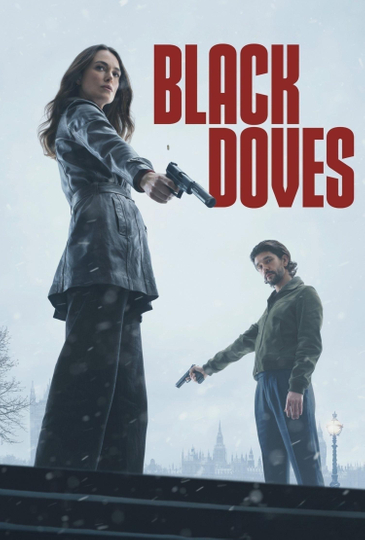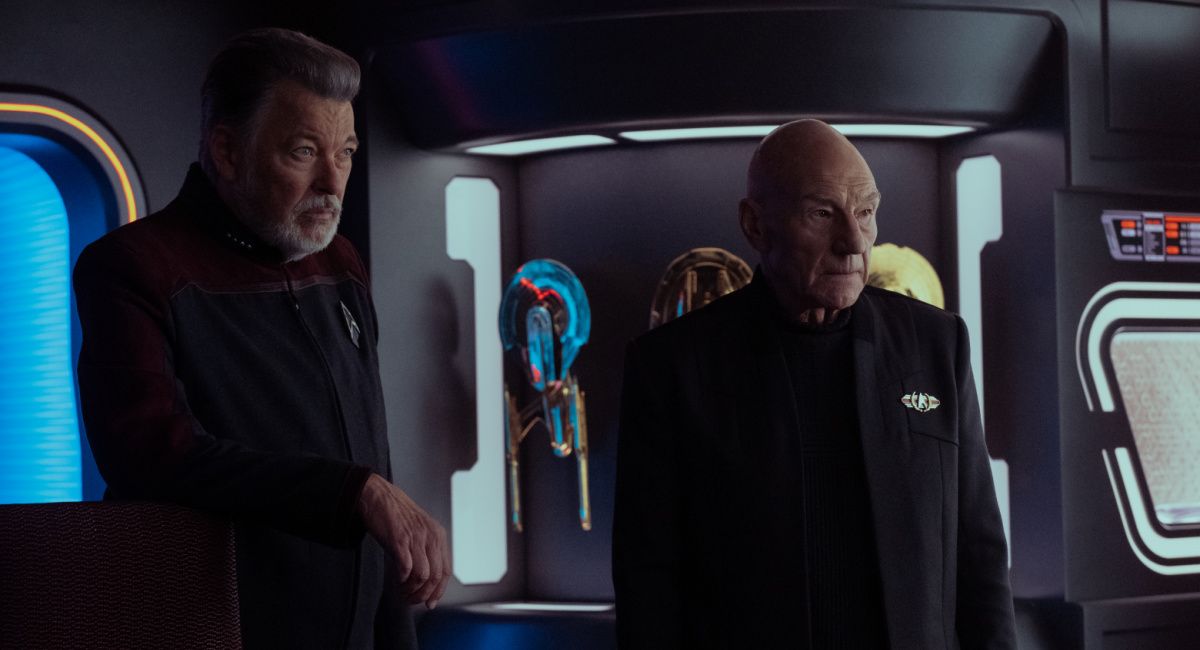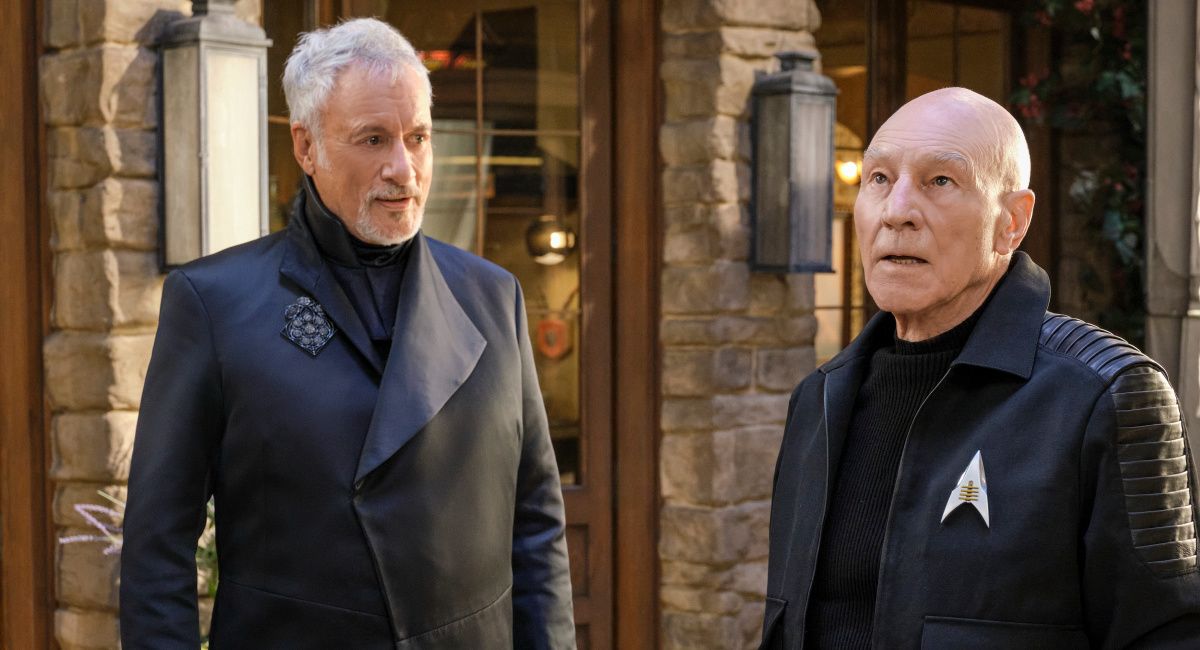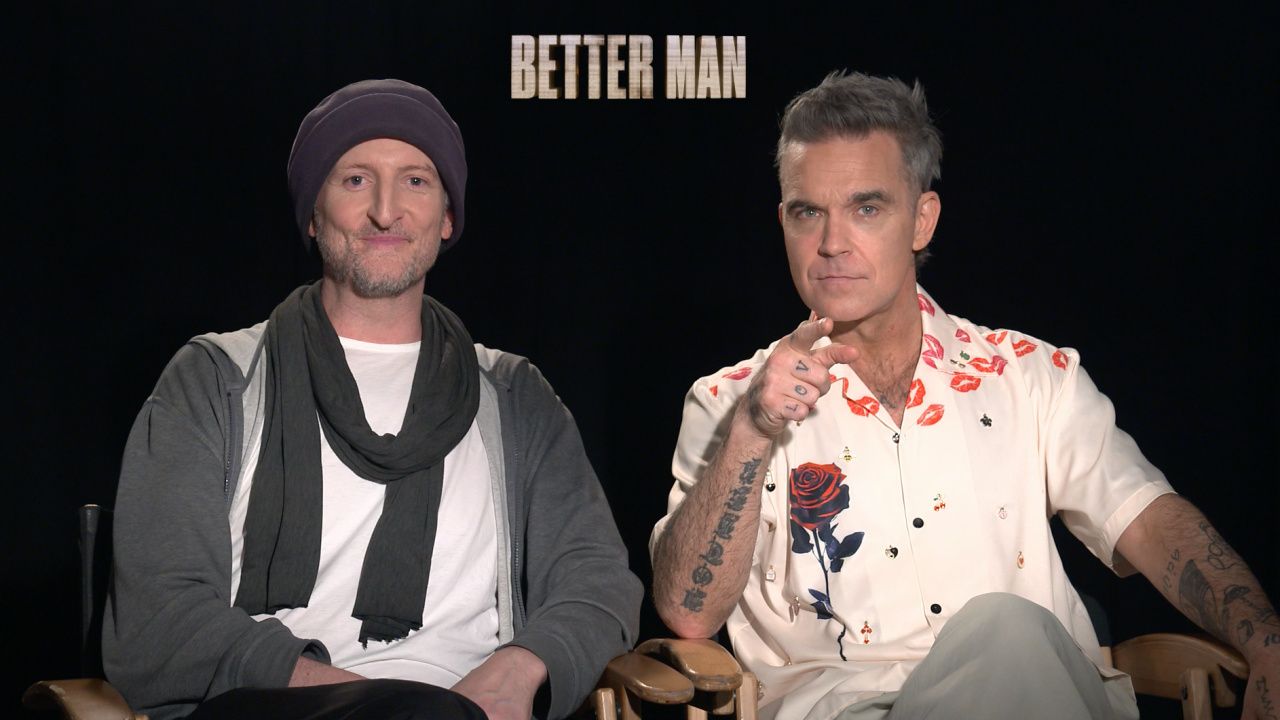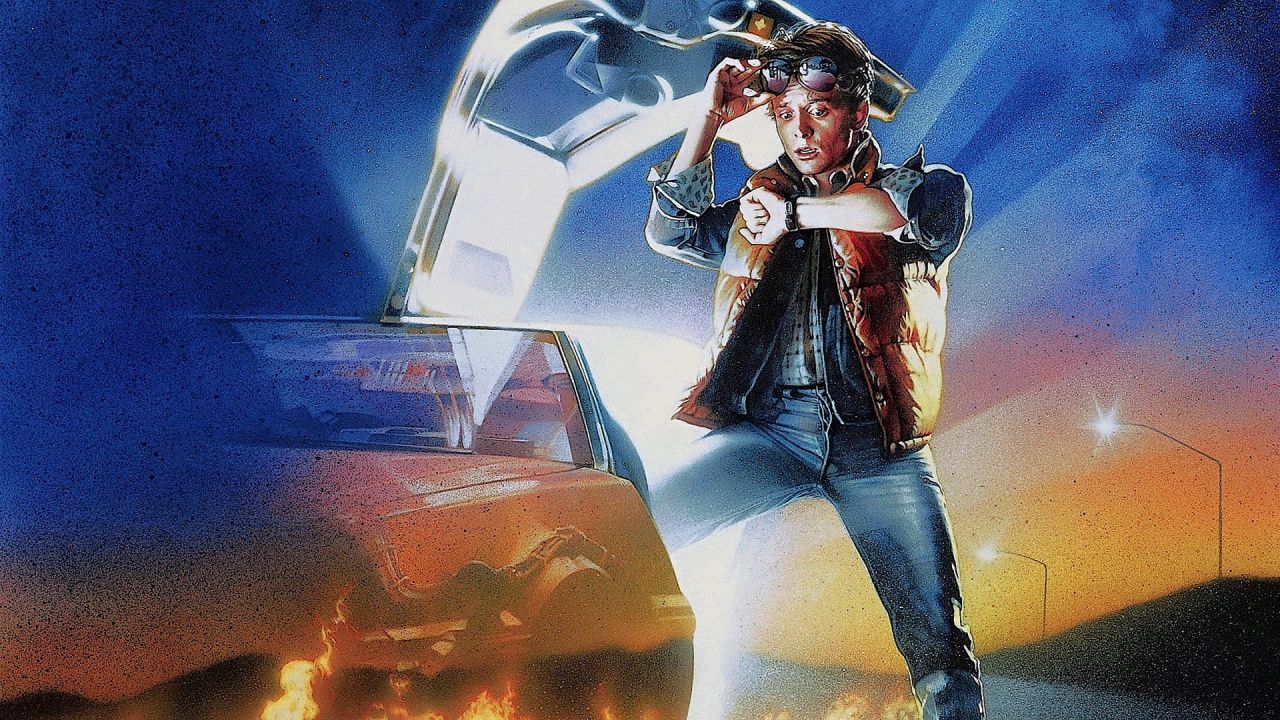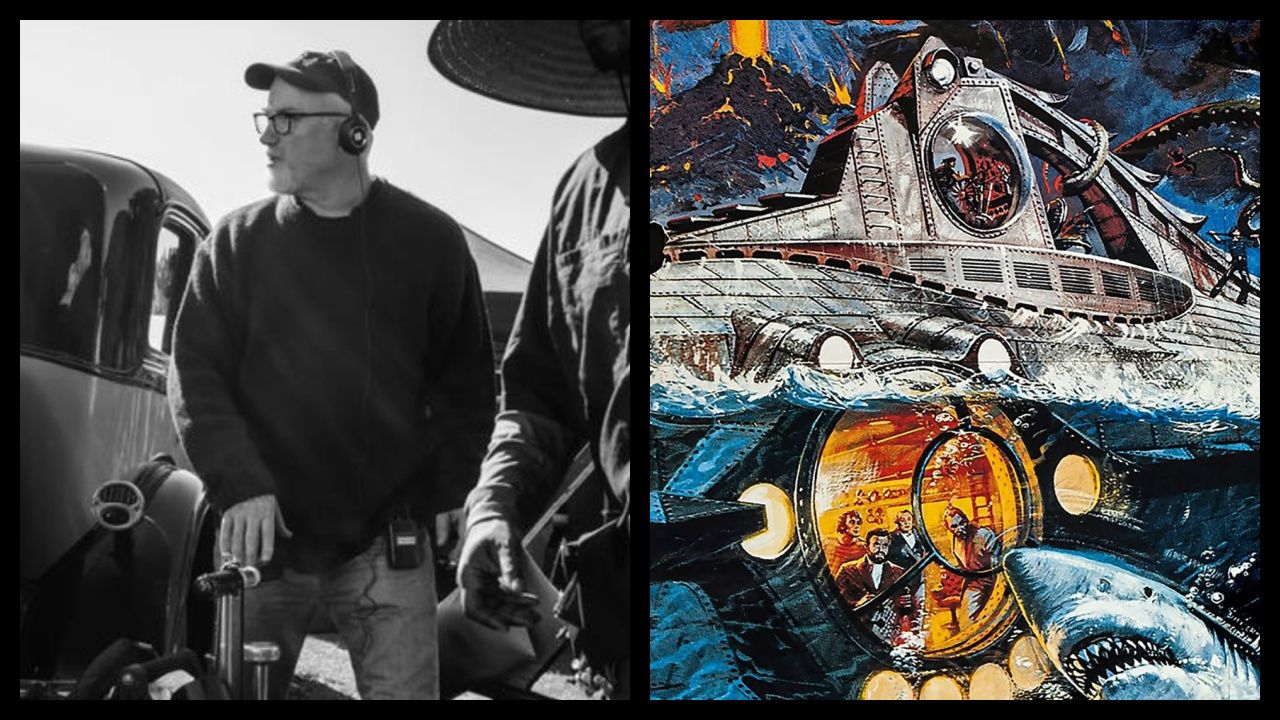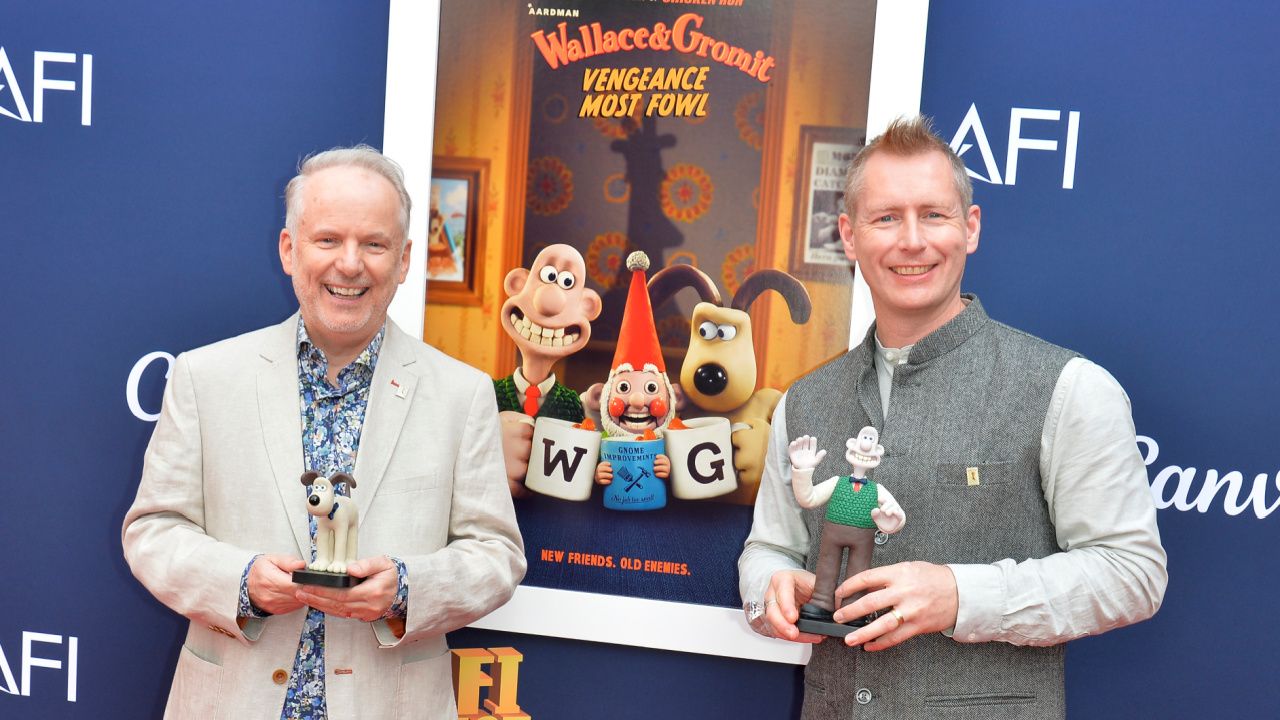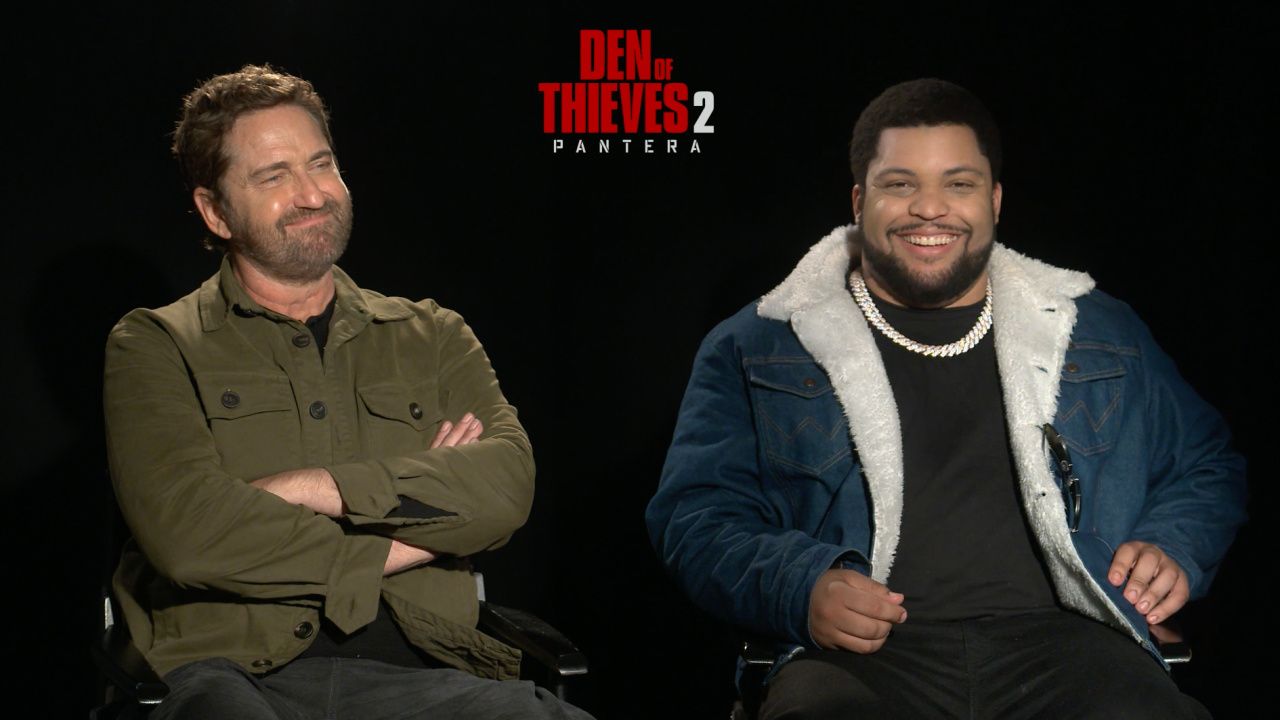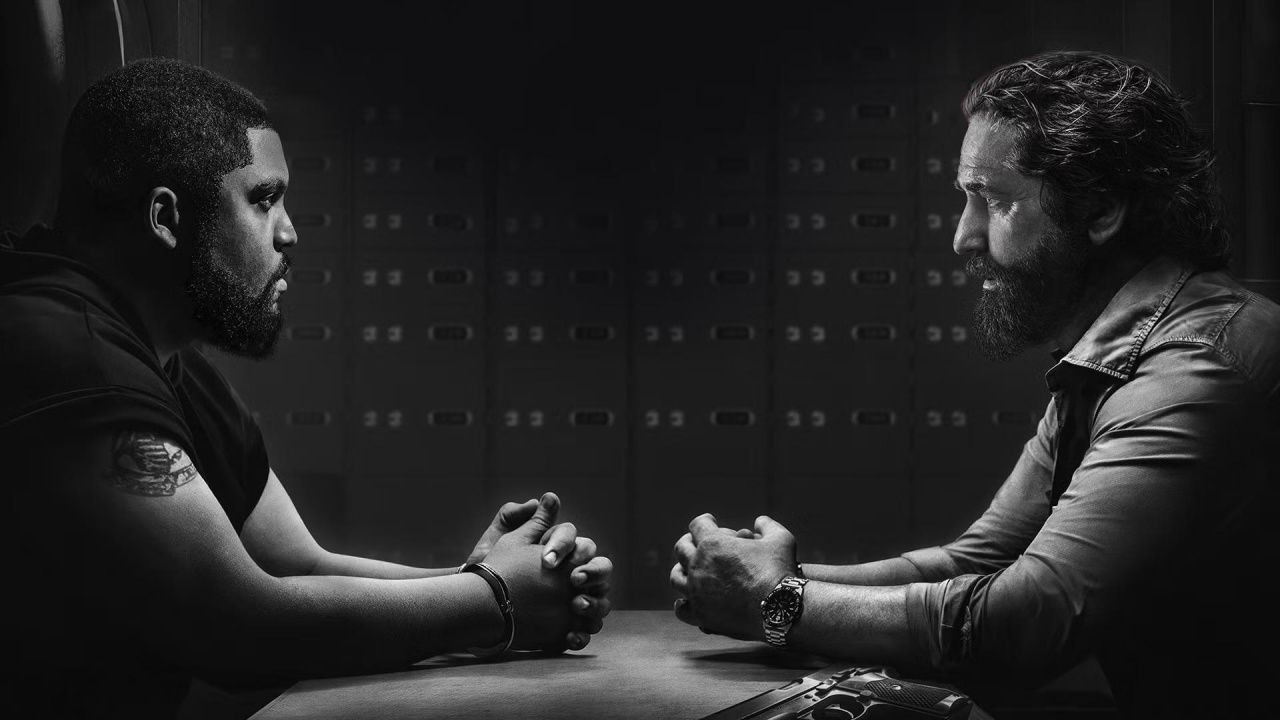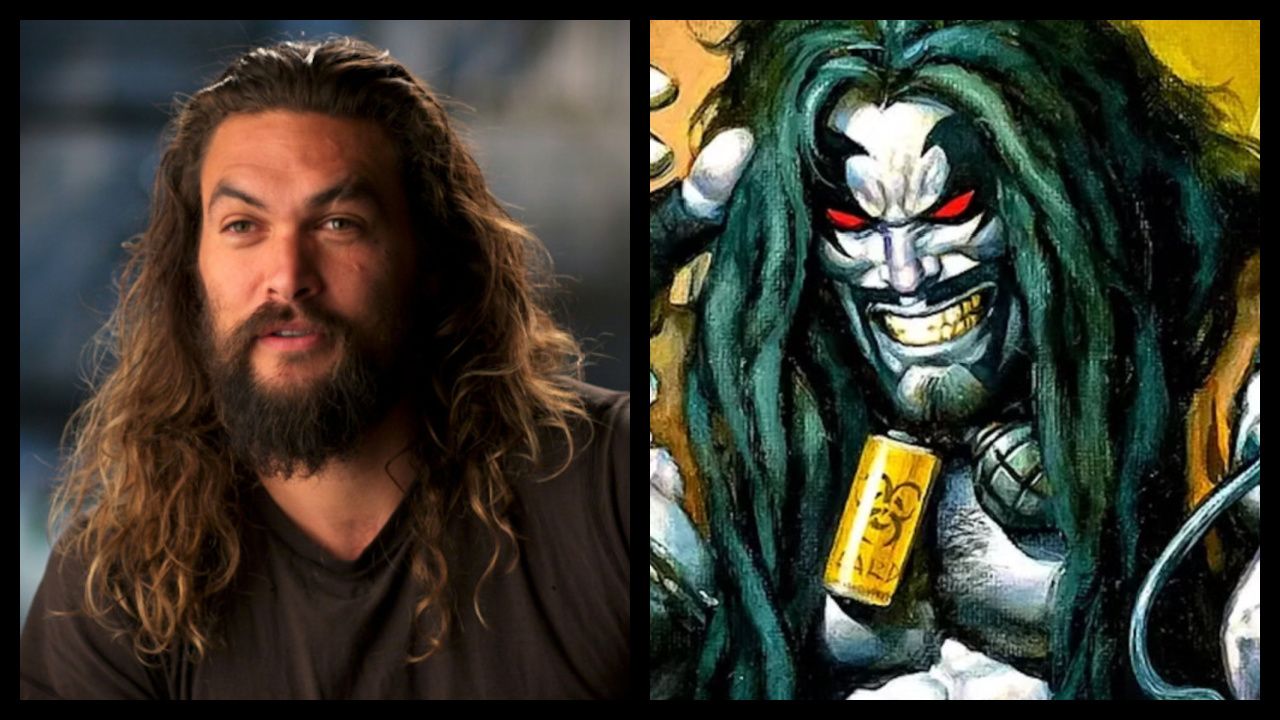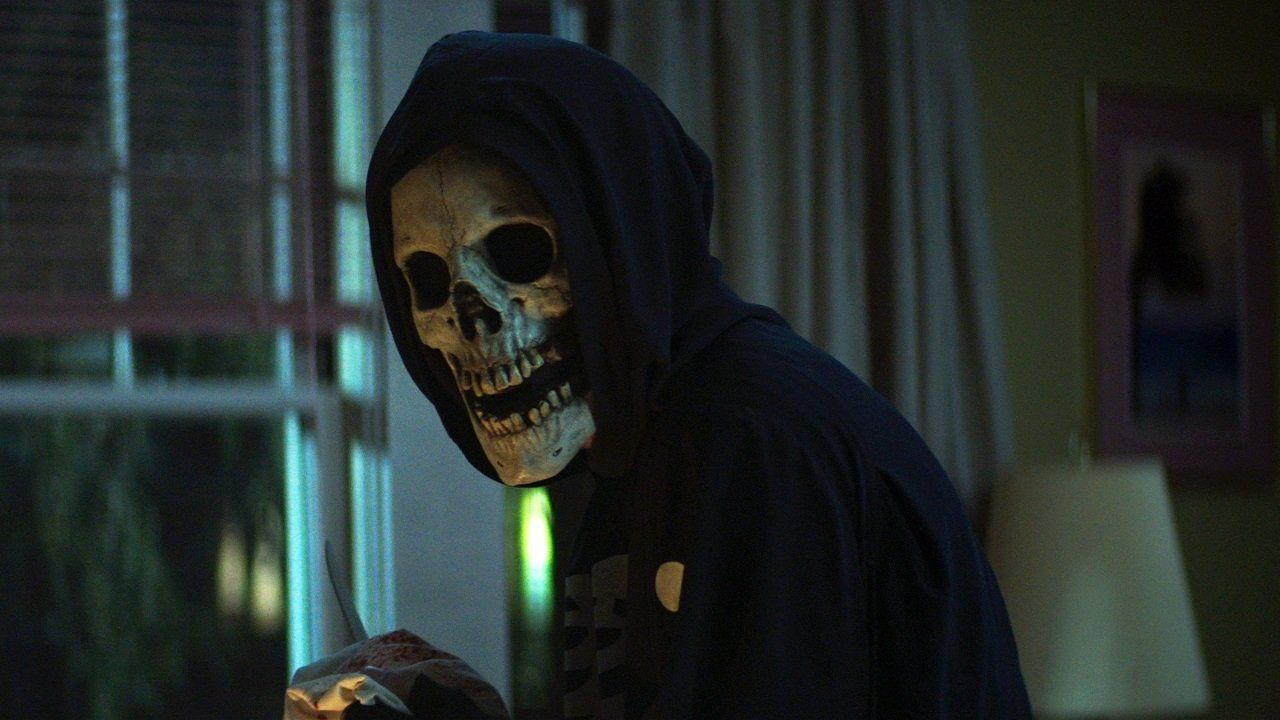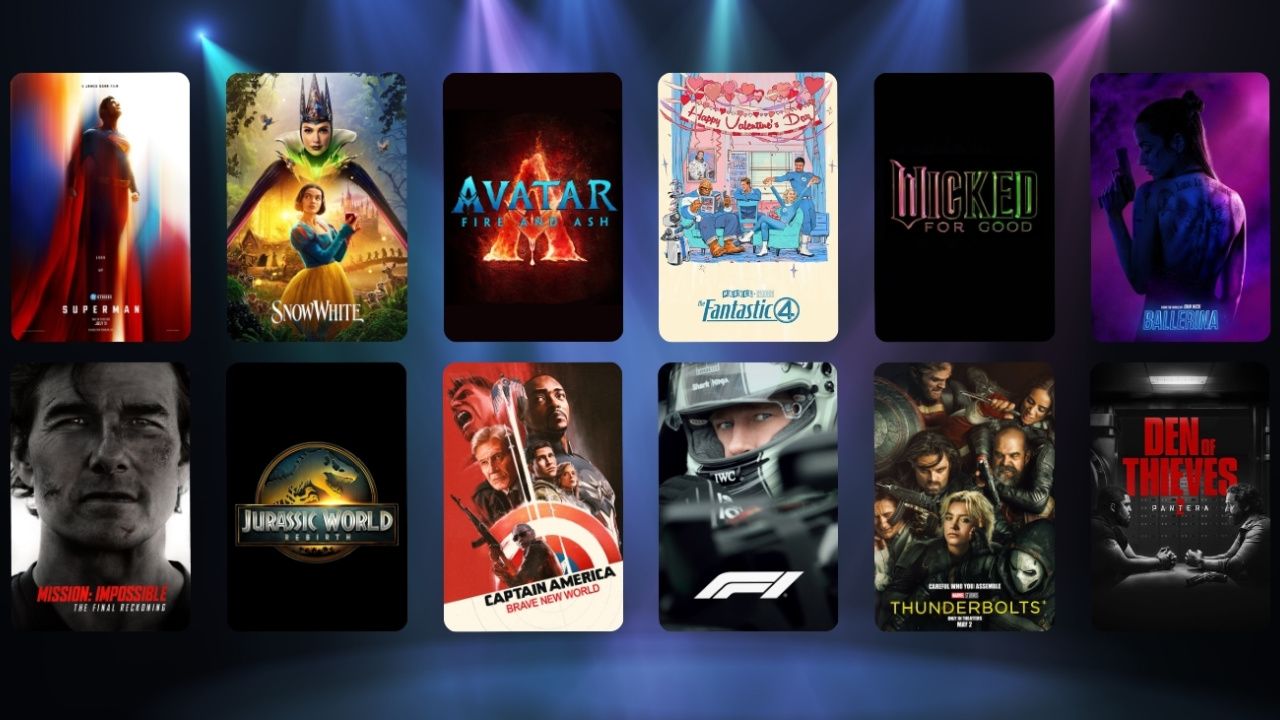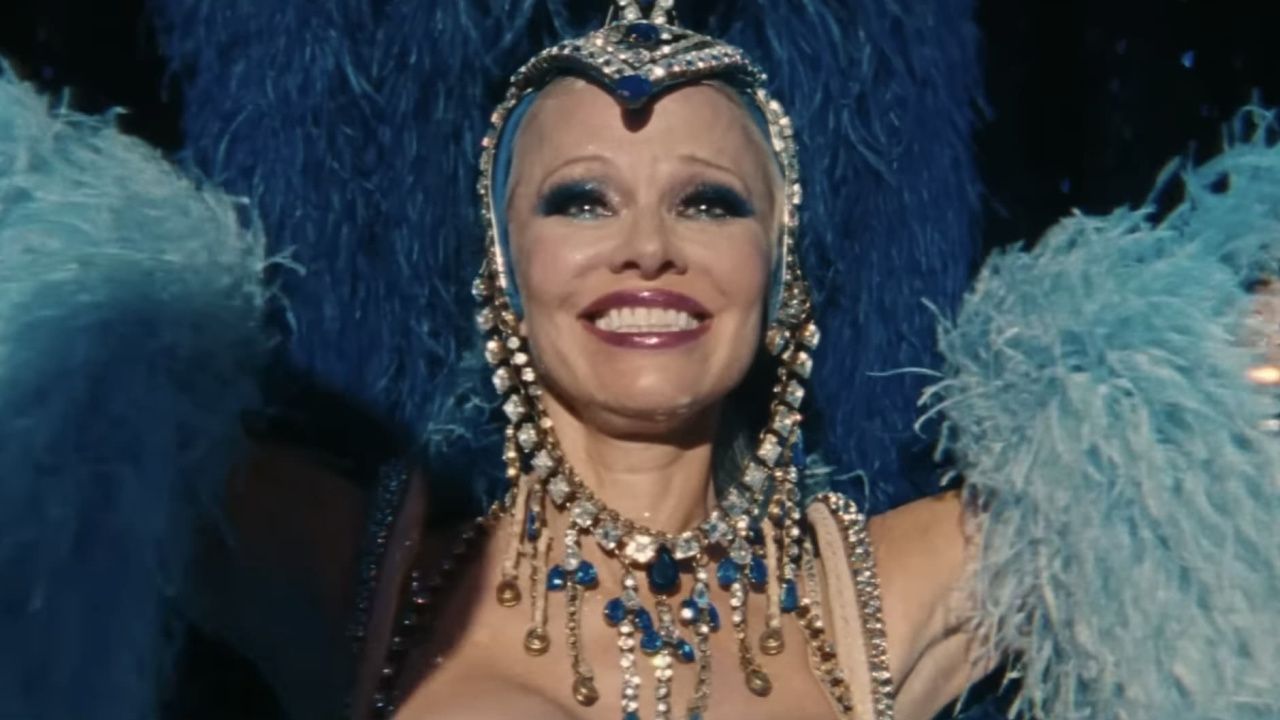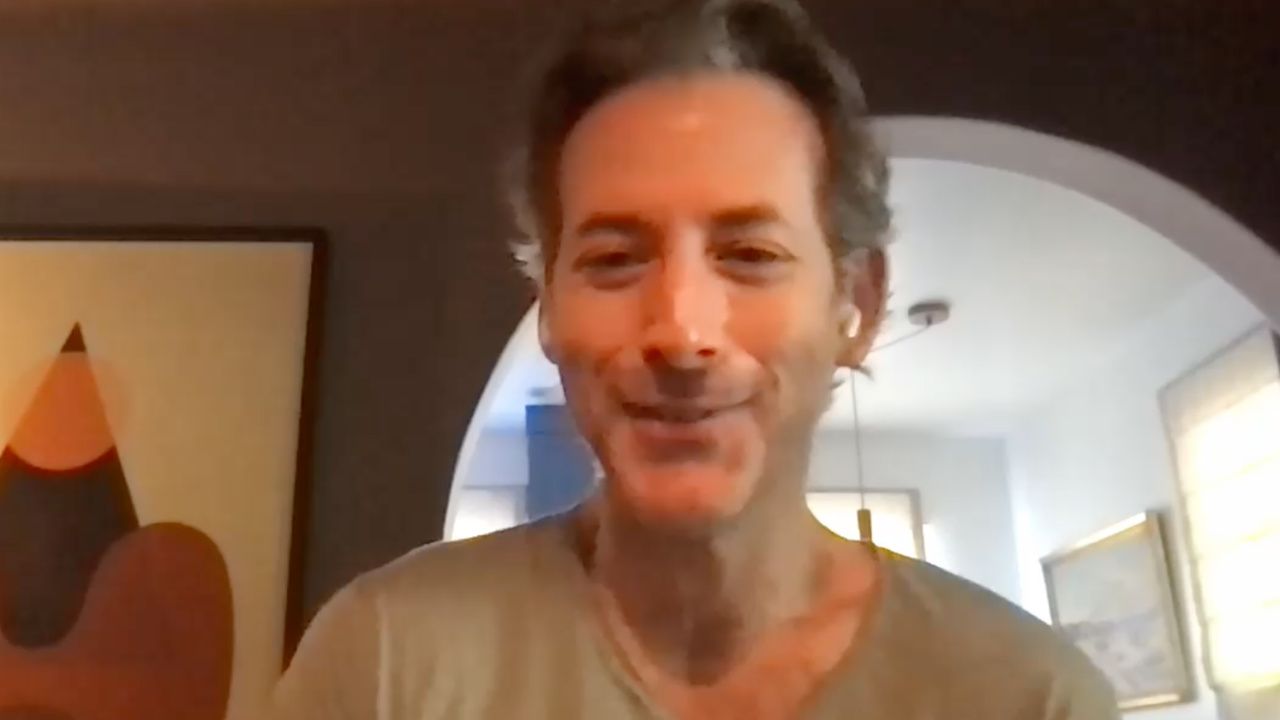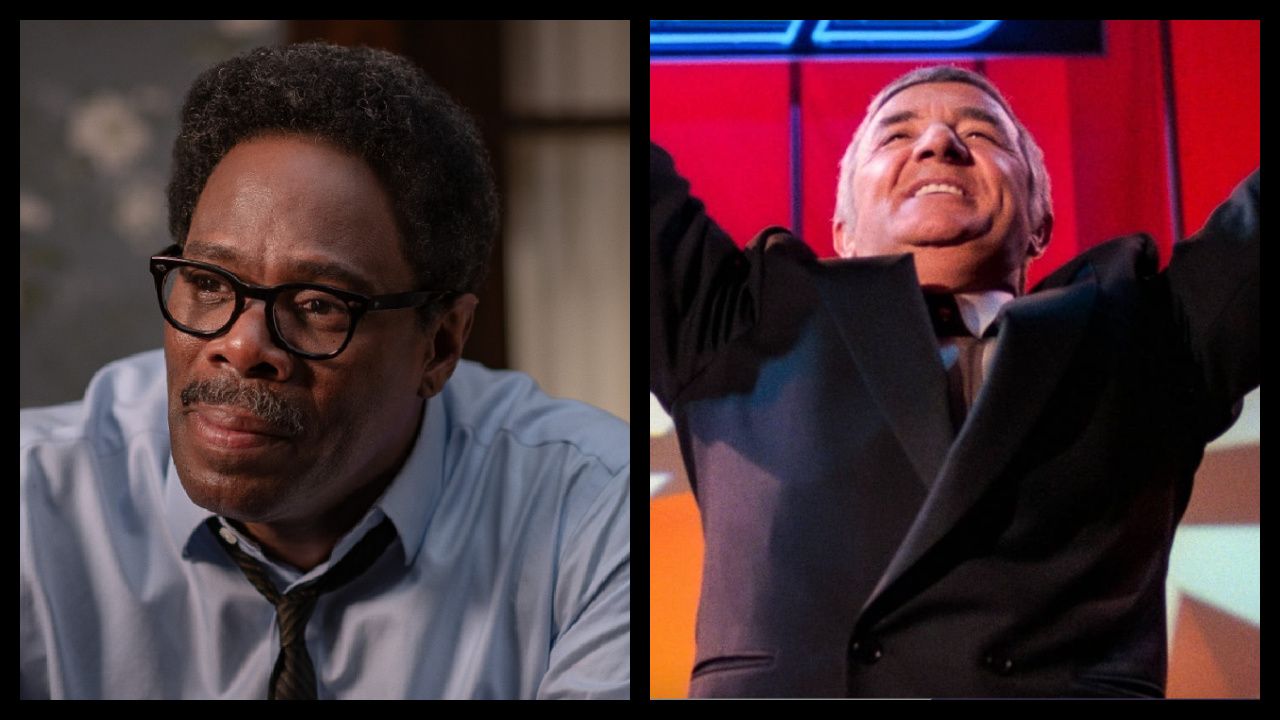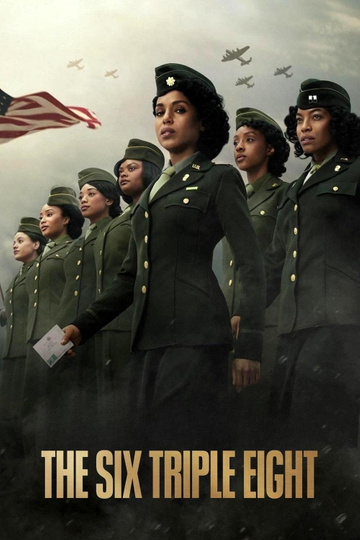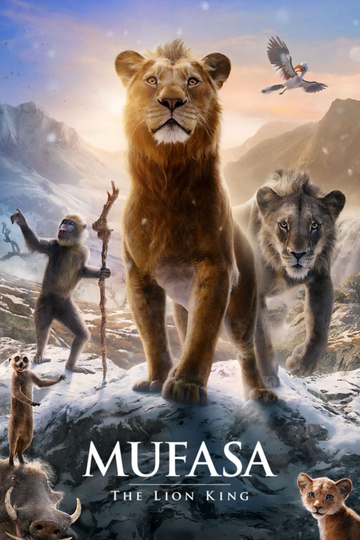Writer D. C. Fontana Looks Back on 50 Years of 'Star Trek'
To celebrate the 50th anniversary of "Star Trek," which first aired on Sept. 8, 1966 and has continued to boldly go forward as one of the most enduring, influential and visionary television creations of all time, Moviefone is offering a week-long look at five decades of the futuristic franchise.
Over the course of her half-century-plus Hollywood career, television writer and story editor Dorothy Fontana -- better known as Bonanza," "The Streets of San Francisco," "Kung Fu," "The Waltons" and "Dallas," earning prestigious awards and nominations along the way. But there's one particular association that towers about the rest: "Star Trek."
In the mid-1960s, Fontana was in her 20s and had already sold several teleplays when she became the secretary for producer Gene Roddenberry, who was soon to launch his most sensational and enduring television concept. He opened the door of opportunity for the fledging writer (who'd used her initials as her screen name to sidestep prevailing gender biases in the industry), and within the first season elevated her to story editor. Along with leaving her creative fingerprints on many episodes, Fontana would particularly make significant contributions to the backstory and development of the show's breakout character, Mr. Spock, and the culture of his home planet Vulcan.
Fontana would go on to build an impressive TV career working across all dramatic genres, but "Star Trek" remained near and dear: she was the associate producer of the Emmy Award-winning 1973 Saturday morning "Star Trek: The Animated Series" and wrote its most acclaimed episode, "Yesteryear"; she assumed the same duties in the first season of "Star Trek: The Next Generation," including co-authoring the 1987 pilot episode "Encounter at Farpoint" along with Roddenberry.
With the lion's share of Fontana's "Star Trek" work featuring the original cast now available en masse within the newly released "Star Trek 50th Anniversary TV and Movie Collection" -- featuring all three seasons of the original 60s series, the six theatrical films starring the original cast and, for the first time in HD, every episode of the animated series -- Fontana joined Moviefone to look back at her storied storytelling career in the 23rd and 24th Centuries.
Moviefone: It must be fun to sort of enjoy this 50th anniversary celebration and to kind of revisit your memories about the whole "Star Trek" phenomenon. Tell me about your early interest working with Gene Roddenberry, and deciding that you really wanted to go for it and get a chance to write some episodes.
Dorothy Fontana: Well, I had known Gene Roddenberry since 1963 when I first went on his show "The Lieutenant" as secretary to his associate producer Del Reisman. Then I got to know Gene a little better when his secretary was stricken with a terrible bout of appendicitis and I went to work for Gene in her absence, and someone came in to fill in for me with Del.
Gene found out that I already had six credits in television -- three stories, two scripts and a rewrite. They were for Westerns, so I was not unaccustomed to the action scene. I didn't know too much about science fiction. I knew a little bit. I loved "The Twilight Zone" of course -- everybody did. But I wasn't too into science fiction per se.
Then Gene assigned me, when we were going to do "Star Trek," and we knew we were going to do "Star Trek," we at least had the pilot to do, and we were promised it would be a series, he set me to reading anthologies of science fiction stories, the best of this year, that year, the best science fiction from particular writers, etc. And I must have gone through about 50 books, reading the short stories and notating, this might work for the projected "Star Trek," this might for projected "Star Trek." In other words, looking for stories we might buy.
Then I broke them down for Roddenberry, and gave him a report. So that got me more into being interested in science fiction in general, and what kind of stories can we tell within the scope of this spaceship going out into our galaxy, seeking out new life, new civilizations etc, etc. But it was reading all those wonderful anthology stories, short stories, written by well-known writers in the science fiction genre that really peaked my interest.
You've made so many contributions to the lore of "Star Trek," particularly in the realm of Mr. Spock and the Vulcans. What are you proudest of as far as your contribution to "Trek," both in its mythology -- and behind the scenes?
Well, I was the one who wanted to find out who Mr. Spock was behind that Vulcan exterior. And in "This Side of Paradise," which is a major rewrite that I had to do, we got a chance to look behind that exterior and see who was inside. Who was the human Mr. Spock? What is he like when he's not being Vulcan? Then, because of two lines at the end of the show where he says to Kirk: "It's the only time I was happy," and also there's another reference to, "My father is a an ambassador and my mother was a school teacher."
That got me to thinking about, "Those are the only things we know about him personally. Let's tell that story!" So I told "Journey to Babel," which is the episode that I am proudest of and love the most, because we really got into "Who were his parents? Why is Spock Spock, the way he is? What is his relationship with his parents? How did he grow up?"
And I got to explore that a little more in the "Star Trek Animated Series," episode called "Yesteryear," where we were able to go through the Guardian of Forever into Spock's past and see him as a child, and find out how he grew from being a human Earther to being the beginnings of Mr. Spock as we know him.
And because you were giving so much great material for Leonard Nimoy to play, I'm curious what your relationship with him was like over the years. Did you have a special rapport with him?
Well, I keep telling this story because it's a little apocryphal: In 1960, I sold my first story to television on the show I was working on as a production secretary, "The Tall Man," and my producer was Samuel A. Peeples, who knew, because I had told him I was interested in being a television writer. I had written short stories about, horror stories, adventure stories since I was 11 years old. I did it for the amusement of my schoolmates and friends. And I said, "I want to get into this." And he said, "You tell me a good story, and you can write it," which I did.
So the first story I sold to television was in 1960 in the spring. It was called "A Bounty for Billy" on "The Tall Man" show, and the guest star was Leonard Nimoy. I went down on the set and had a chat with him, I introduced myself, and he was very nice to a newbie. He was very kind, very pleasant. They liked the character enough -- I didn't write it -- but they brought him back in another episode and then they killed him. So I had known Leonard then since 1960.
In 1964 when Roddenberry showed me the first draft of his potential script, or his potential series, and he had characters, there was Captain Robert April, and there was a doctor, and there was Mr. Spock, "a Martian." I said, "Who plays Mr. Spock?" And he showed me a picture of Leonard Nimoy, who had done a guest star role on "The Lieutenant," and I said, "You got it!" And Leonard Nimoy is the only person who was ever considered for, who ever played Mr. Spock.
But I had known him since 1960 now -- I was 21 years old then. We had a good relationship on the show, very good relationship, because of course I knew him. And I got to know Bill [Shatner], and I had a good relationship with him. His office is about three miles away from where I work [today]. I see him often times in a restaurant that's right in between, and I wave to him, he waves back, and I've interviewed for him for his documentaries and his books that he's been doing. So I know Bill pretty well now, too.
The funny thing is our birthdays -- different years, but our birthdays are within days of each other's. Bill's I think is March 22nd, Leonard was the 26th, and mine's the 25th of March. We kind of had sort of an Aries rapport going on there.
You came back for the early days of "Star Trek: The Next Generation," as well, to see the franchise -- which was only just becoming a franchise at that point -- have a second chance at life, which led to where we are today. What was that moment in time like for you?
Well, it was fun. Gene Roddenberry and Majel Barrett-Roddenberry took me to dinner. I'm trying to think, I think it was in late summer of 1986. Roddenberry said, "You know, we were going to do another movie, but they given me an opportunity to do a new version of 'Star Trek' do you want to be involved?" And I said, "Yeah, sure," and he said, "Well, I'd like you to write the pilot script." I said, "Okay. Let's determine when it's going to be."
David Gerrold had been writing, working with Roddenberry on this, putting together a lot of information, and the bible was created, and it had some basic outlined characters, but I had to put them together in story. I had to make them work. I came up with "Encounter at Farpoint," and we were going back and forth between whether it was going to be an hour and a half, or an hour, and then Roddenberry would do a retrospective on what the series was, the original series.
We finally worked it out that I did a 90-minute script, and Roddenberry added all the Q stuff. My part of "Encounter at Farpoint" was the mystery of Farpoint: what's going on here? What is so strange? And what are the aliens hiding? And introducing the crew who would be going on the spaceship under the command of Captain Picard, and just this whole new setting in, new world, new ship, new captain, and this mystery of what's going on on that planet.
That was my story, and the Q stuff was all added by Roddenberry -- and John de Lancie came back at least six times, I think, to play Q, and had a good time doing it. And he added a really interesting vibe to the story, but the main mystery was mine. We bounced off that, we went into production, and I thought the characters all worked very well.
I did want a woman engineer and I had her in the first show or two, and then they went to Colm Meaney, who was a wonderful actor -- I really love him. But I wanted to have a female engineer, and I lost that battle.
Gene Roddenberry's obviously an interesting and complex figure. When you think about Gene, the good and the bad, tell me what comes to mind about him as a personality and somebody you worked very closely with through a number of years.
He was a very creative man. Sometimes we would have a problem, I remember on "Star Trek" in particular -- "Next Gen" too -- where a small group of people take over the entire Enterprise. How did they do that? There are 400 people on the Enterprise. Gene Coon and I couldn't solve it, banging our heads against a wall saying, "What the hell do we do?"
And I went into Roddenberry and told him the problem, and I had given him previously this paperweight that was shaped as like an eight-sided figure, a very nice Mexican stone, real polished up and everything. He started pushing that around the desk with his finger and saying, "How about if these invaders on the ship can do this to people? Change them into that. It's the ultimate essence. That takes care of the crew, doesn't it? Except for those who have to run the ship? Okay -- problem solved!" And that's what we often did.
So he had the ability to take a question, kind of out of the blue, a problem, a script problem, maybe a character problem, and say, "How about we do this?" And that usually solved the problem. So he was a real problem solver. He was a very creative man. He didn't always write very fast, because sometimes it would take him about four days to do a script rewrite -- Gene Coon could do it in two -- but the rewrites were right down to the details of everything. It was all there on the page. You knew what was going to happen, you knew who it happened to, and how it happened, and why.
You've had such a prolific career beyond "Star Trek." What were the lessons that you learned working on "Star Trek" that you've carried with you throughout your professional career? And on a personal level, how has "Star Trek" enriched your life in the years since you first started on the show?
What did I learn? I think it was to tell stories about human beings. And usually, there's a theme of love in there somewhere. Love for humanity, love for another person, love for your siblings, or your family, or whatever. Maybe a pet. But always there's a little theme of love going on. But I really want to know about human beings. How do they think? How do they work? How do they achieve? How do they grow? Why are they this way? And why are they not better? Those really often are the themes of the stories I tell. I have found it rewarding, and I've sold a lot of stories. So I think it's working for me.
I have to say I've met a lot of wonderful, interesting people, and made some great friends because of "Star Trek." In a way, my husband and I met because of "Star Trek." We were working on a Halloween show for a mutual friend. I worked on it for many years, but this was Dennis's first time. His brother was also working on it. Chance would be, we were doing "Creature From the Black Lagoon," and we were working on the creature suit. We needed a suit, and I was helping work on it with him. Later on, his brother said to him, "Do you know who that was?" "No." "That's D. C. Fontana, from 'Star Trek.'" "Okay!" So we got along just fine then!
On the occasion of the 50th anniversary, why in your opinion has "Star Trek" endured and thrived over all of this time? What do you think are some of the magic ingredients that's kept it alive?
We had good actors in interesting roles. We told good stories, I think. I've said this over and over: we were telling stories about things that were going on in our world, under the guise of science fiction. We were telling stories about racism, and sexism, and political things that were going on in our country, and in the world. We were doing stories about, well, just about anything -- the Vietnam War, that was a big one. Nobody else could mention the Vietnam War, or even that we were in it, but we could, under the guise of science fiction.
We reached out to people. We tapped them on the head and say, "Hey, are you paying attention?" But we were doing it in the guise of interesting science fiction stories. We had some great science fiction writers on the show, especially in the first year, who brought that wonderful element of exploring topical themes under the guise of science fiction.
I think we reached out and attracted the attention of a lot of people, because we got fan mail you wouldn't believe. We couldn't handle it all. We saw the bags come in and then they had to be shipped off to a mail answering service. Ones that were personal to the actors, they got theirs. Ones that we personal to us, i.e. to Gene Roddenberry or whatever, those came into the office. But we saw we had a vast audience, men and women, all ages. Our audience was high school, college, young professionals, young married couples, young families, all the way up. Technical people, science people, creative people, artists, who were getting something from our show.
So we understood that we were speaking a language that people were hearing and paying attention to, and I think that has carried through all these years. You can sit down and watch "Star Trek" today and say, "Oh yeah, that was a good story. And the story behind that was this ..." I just think we told good stories in a good way. We had attractive actors that made people come back too, and then they paid attention to the stories. That's why it's still here after all these years.
And NBC finally realized it I think in syndication. It's still on the air. You can cruise around, looking at all those channels, here's "Star Trek." There's "Star Trek: Next Generation." The only one that hasn't been run very often is "Star Trek: Animated," which is too bad because we did some darn good stories there too. They have reissued it with some enhancements. Mostly that's the one that's been neglected, and those 22 stories were pretty darn good, too.
And now we have them in glorious Blu-ray, which is fantastic.
Yes, yes.
Well, I'll close by asking you, given that it seems pretty obvious that "Star Trek" ain't going anywhere, do you still have a "Star Trek" story or two up your sleeve that you'd like to tell?
I always wanted to do the one about Dr. McCoy's daughter, Joanna. I think I'm going to have to do that as a novel. But I tried to do it in the third season of "Star Trek," and I was pitching it to people who has not been associated with "Star Trek."
I was told Dr. McCoy could not have a 22-year-old daughter who was a nurse because he was Kirk's contemporary. I realized then they didn't know the show, because we always played it and the actors always played it as McCoy being about ten years older than Kirk, and that was the actual ages of the actors. So they were comfortable playing that, and that's what we did
So McCoy could have a 22-year-old daughter with whom he was somewhat isolated and alienated because of his many absences, his long absences, and she had kind of grown up without him. Now she's in his life, and what happens dramatically with these two, and to others around them? That's a story I want to tell, and I think I'm probably going to have to do it as a novel.







